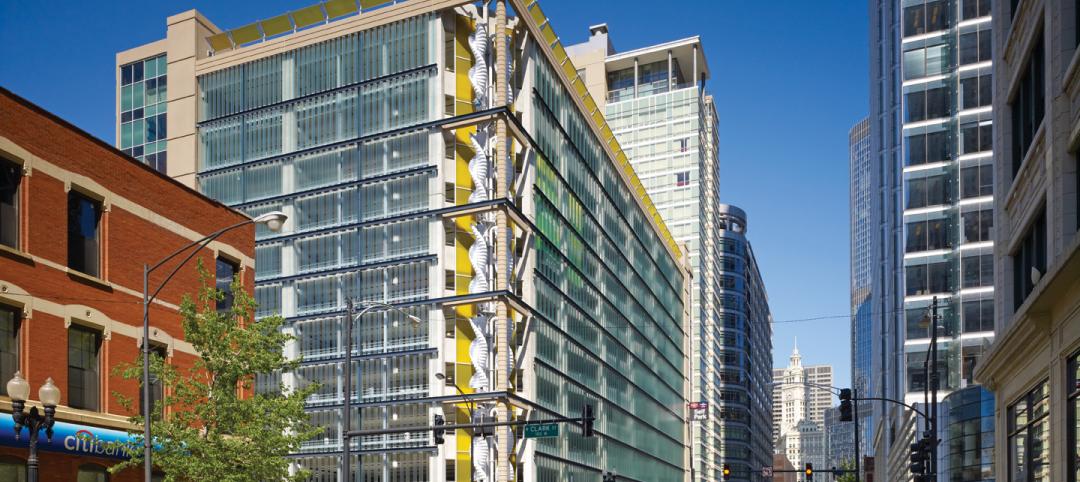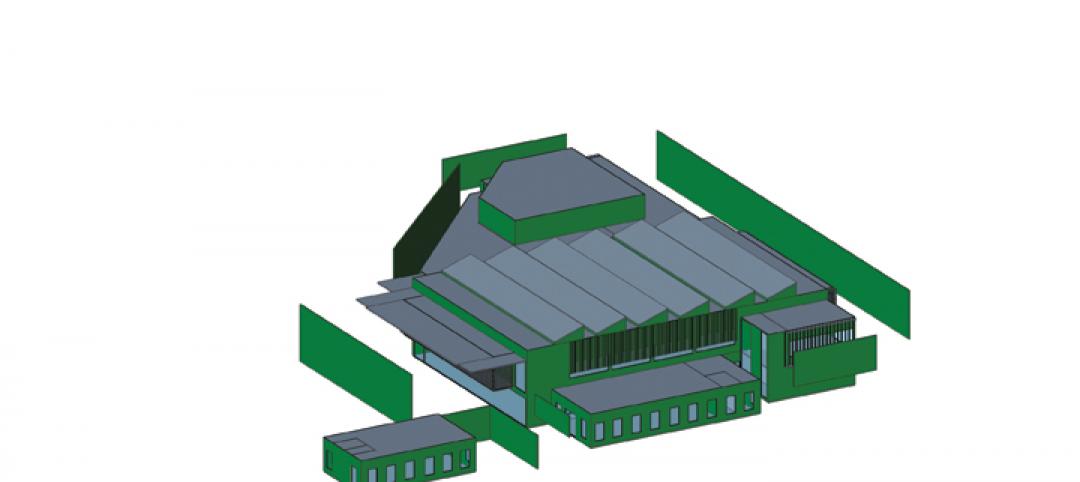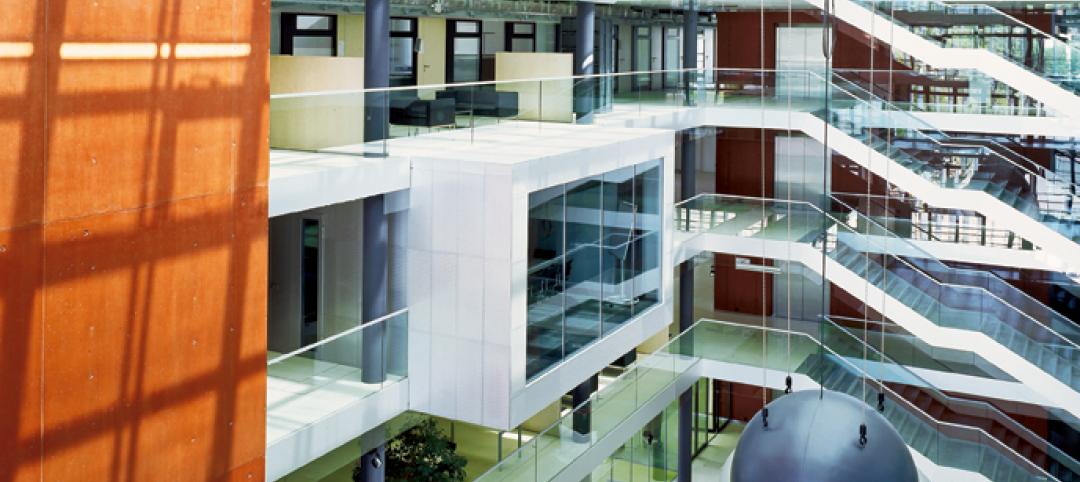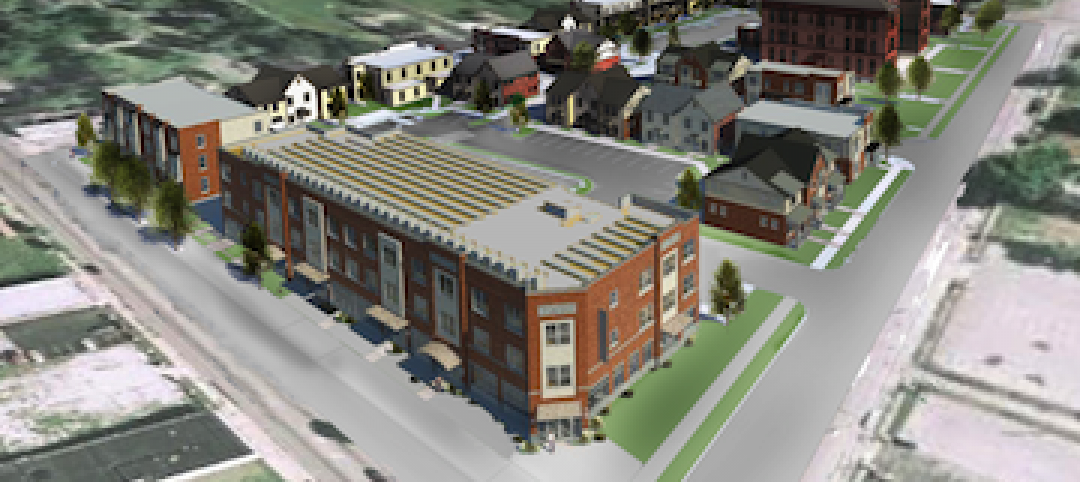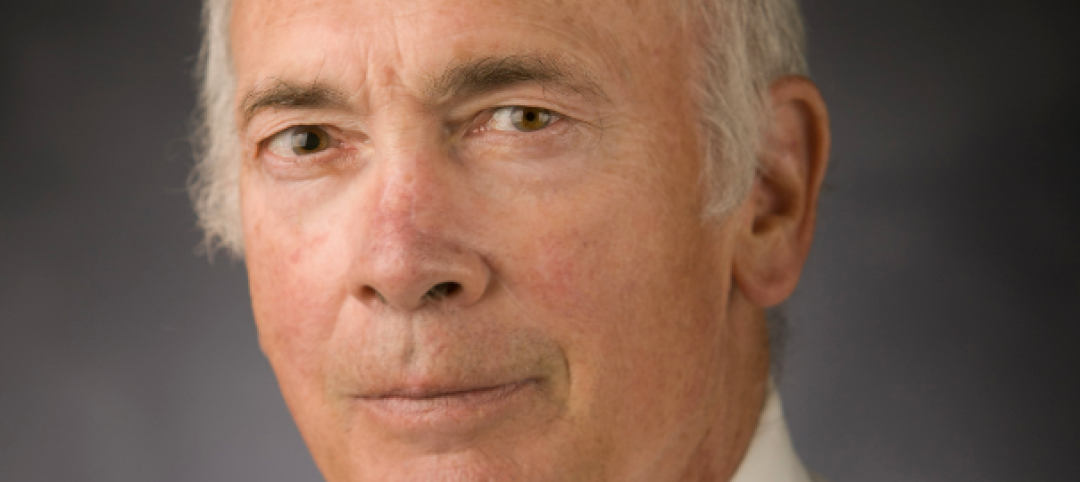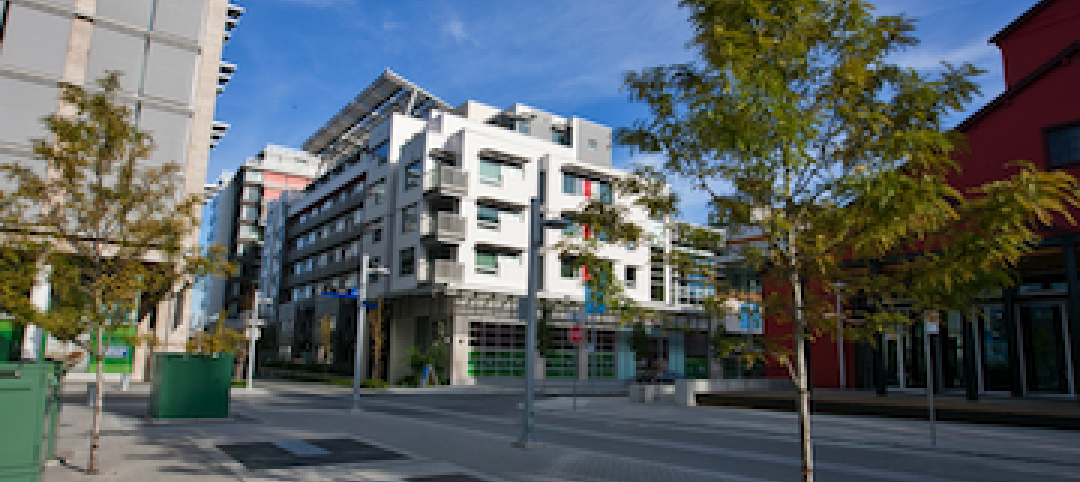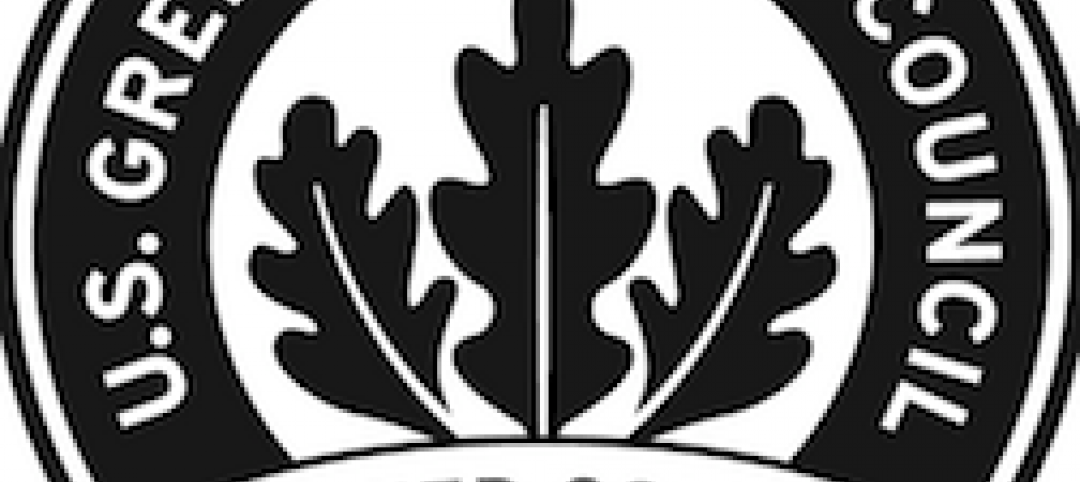GBCI begins testing for new LEED professional credentials. The Green Building Certification Institute last week began testing candidates who wish to pursue credentials through the new LEED Green Associate or LEED Accredited Professional Operations and Maintenance programs. The LEED Green Associate program is intended for individuals seeking knowledge and skills in the non-technical fields of green practice. LEED AP O+M is for those seeking advanced knowledge in sustainable operations and specialized expertise in greening existing buildings.Architects rank durability over 'green' in product attributes. Architects say durability is the most important attribute for a green building product, according to a new industry survey commissioned by PPG Industries. Durability was followed by Energy Star compliance, life cycle assessment, no- or low-volatile organic compound (VOC) content, and the ability to source products regionally.Architecture Billings Index falls slightly in April, but shows market improvement. After an eight-point jump in March, the Architecture Billings Index (ABI) fell less than a full point in April. The American Institute of Architects (AIA) reported the April ABI rating was 42.8, down from the 43.7 mark in March. This was the first time since August and September 2008 that the index was above 40 for consecutive months. The new projects inquiry score, however, was positive at 56.8.ASHRAE's building energy label set to launch in June. A label for grading commercial buildings according to their energy efficiency is being developed by the American Society of Heating, Refrigeration and Air-Conditioning Engineers (ASHRAE). The label, due out in June, will measure both the design efficiency and operational performance of buildings, similar to the government's Energy Star program.AIA names bus shelter, restroom, Cleveland Arts Center among small project winners. The American Institute of Architects has selected 20 recipients of the 2009 Small Project Awards, including: the Media Arts Center in Cleveland, Ohio, by Robert Maschke Architects; the Public Bus Shelters of New Haven Conn., by David Thompson Architects; and the Lady Bird Lake Hike and Bike Trail restroom facility in Austin, Texas, by Miro Rivera Architects. See below for more on restrooms.Half of U.S. design firms cut staff, profit margins stabilize. Half of architecture, engineering, and environmental consulting firms cut staff in 2008, while profit margins on net service revenue remained virtually unchanged from 2007 to 2008, according to ZweigWhite's newly released 2009 Financial Performance Survey.DOE sets partnership with hospitals for energy efficiency. The U.S. Department of Energy has launched the Hospital Energy Alliance (HEA), an industry-led partnership between the DOE and national healthcare sector leaders to promote the integration of advanced energy efficiency and renewable technologies in hospital design, construction, retrofit, operations, and maintenance.More than 30 new Marriott hotels seek LEED certification. Marriott International recently announced that its global headquarters building in Bethesda, Md., and more than 30 of its hotels in design or development or under construction are expected to achieve LEED (Leadership in Energy and Environmental Design) certification from the U.S. Green Building Council.
Related Stories
| Nov 2, 2010
Wind Power, Windy City-style
Building-integrated wind turbines lend a futuristic look to a parking structure in Chicago’s trendy River North neighborhood. Only time will tell how much power the wind devices will generate.
| Nov 2, 2010
Energy Analysis No Longer a Luxury
Back in the halcyon days of 2006, energy analysis of building design and performance was a luxury. Sure, many forward-thinking AEC firms ran their designs through services such as Autodesk’s Green Building Studio and IES’s Virtual Environment, and some facility managers used Honeywell’s Energy Manager and other monitoring software. Today, however, knowing exactly how much energy your building will produce and use is survival of the fittest as energy costs and green design requirements demand precision.
| Nov 2, 2010
Yudelson: ‘If It Doesn’t Perform, It Can’t Be Green’
Jerry Yudelson, prolific author and veteran green building expert, challenges Building Teams to think big when it comes to controlling energy use and reducing carbon emissions in buildings.
| Nov 2, 2010
Historic changes to commercial building energy codes drive energy efficiency, emissions reductions
Revisions to the commercial section of the 2012 International Energy Conservation Code (IECC) represent the largest single-step efficiency increase in the history of the national, model energy. The changes mean that new and renovated buildings constructed in jurisdictions that follow the 2012 IECC will use 30% less energy than those built to current standards.
| Nov 1, 2010
Sustainable, mixed-income housing to revitalize community
The $41 million Arlington Grove mixed-use development in St. Louis is viewed as a major step in revitalizing the community. Developed by McCormack Baron Salazar with KAI Design & Build (architect, MEP, GC), the project will add 112 new and renovated mixed-income rental units (market rate, low-income, and public housing) totaling 162,000 sf, plus 5,000 sf of commercial/retail space.
| Nov 1, 2010
John Pearce: First thing I tell designers: Do your homework!
John Pearce, FAIA, University Architect at Duke University, Durham, N.C., tells BD+C’s Robert Cassidy about the school’s construction plans and sustainability efforts, how to land work at Duke, and why he’s proceeding with caution when it comes to BIM.
| Nov 1, 2010
Vancouver’s former Olympic Village shoots for Gold
The first tenants of the Millennium Water development in Vancouver, B.C., were Olympic athletes competing in the 2010 Winter Games. Now the former Olympic Village, located on a 17-acre brownfield site, is being transformed into a residential neighborhood targeting LEED ND Gold. The buildings are expected to consume 30-70% less energy than comparable structures.
| Oct 27, 2010
Grid-neutral education complex to serve students, community
MVE Institutional designed the Downtown Educational Complex in Oakland, Calif., to serve as an educational facility, community center, and grid-neutral green building. The 123,000-sf complex, now under construction on a 5.5-acre site in the city’s Lake Merritt neighborhood, will be built in two phases, the first expected to be completed in spring 2012 and the second in fall 2014.
| Oct 21, 2010
GSA confirms new LEED Gold requirement
The General Services Administration has increased its sustainability requirements and now mandates LEED Gold for its projects.


